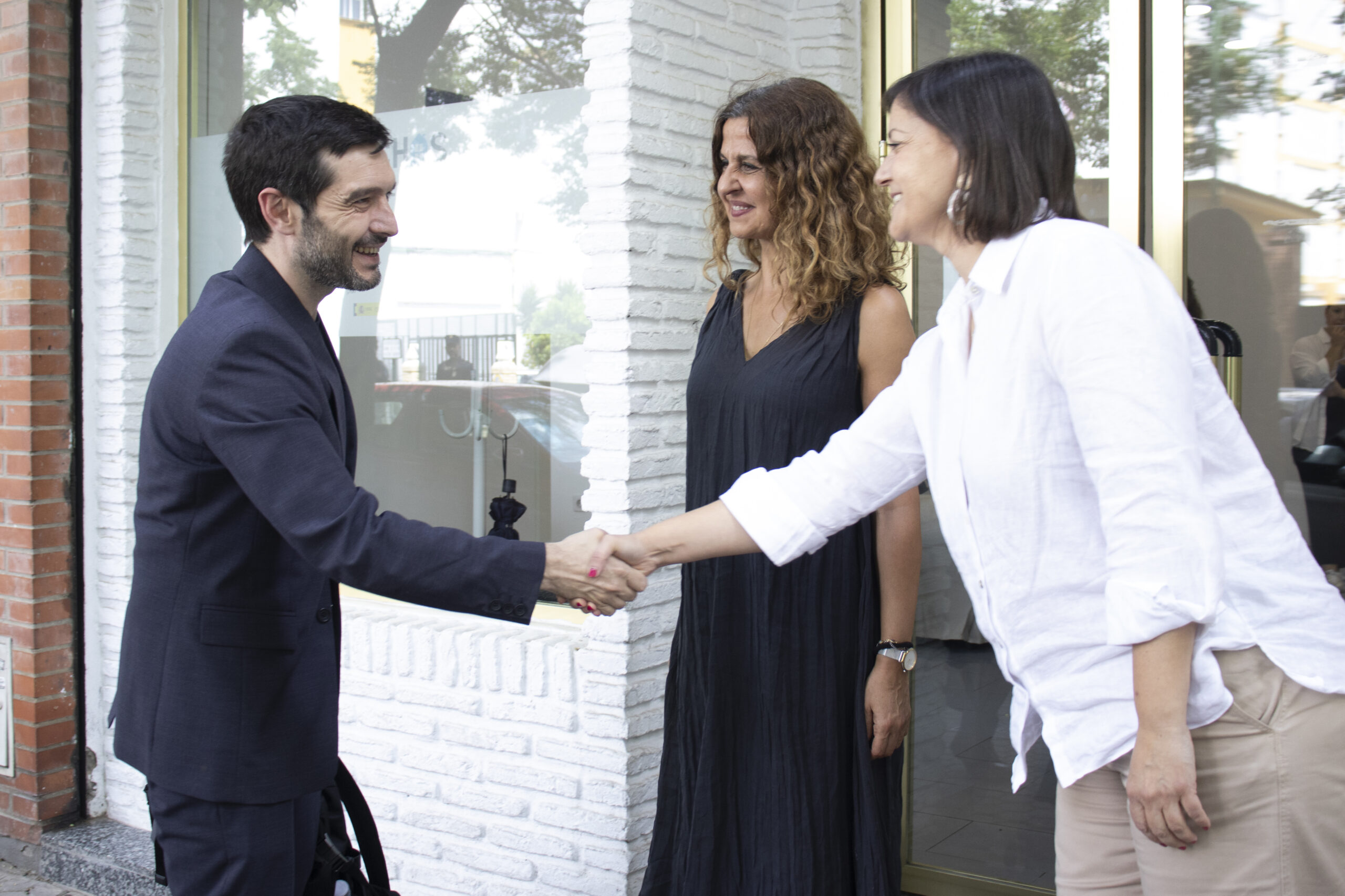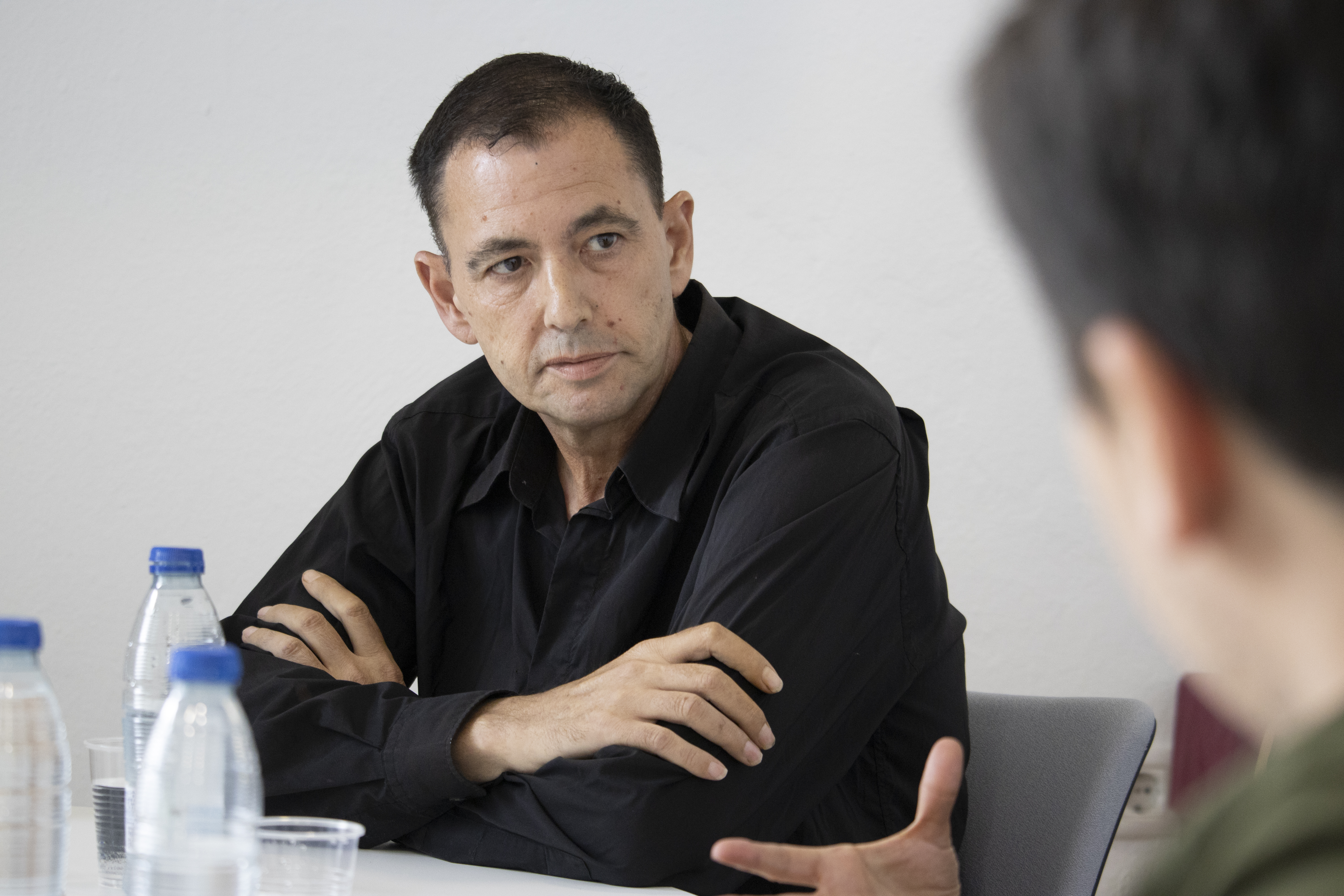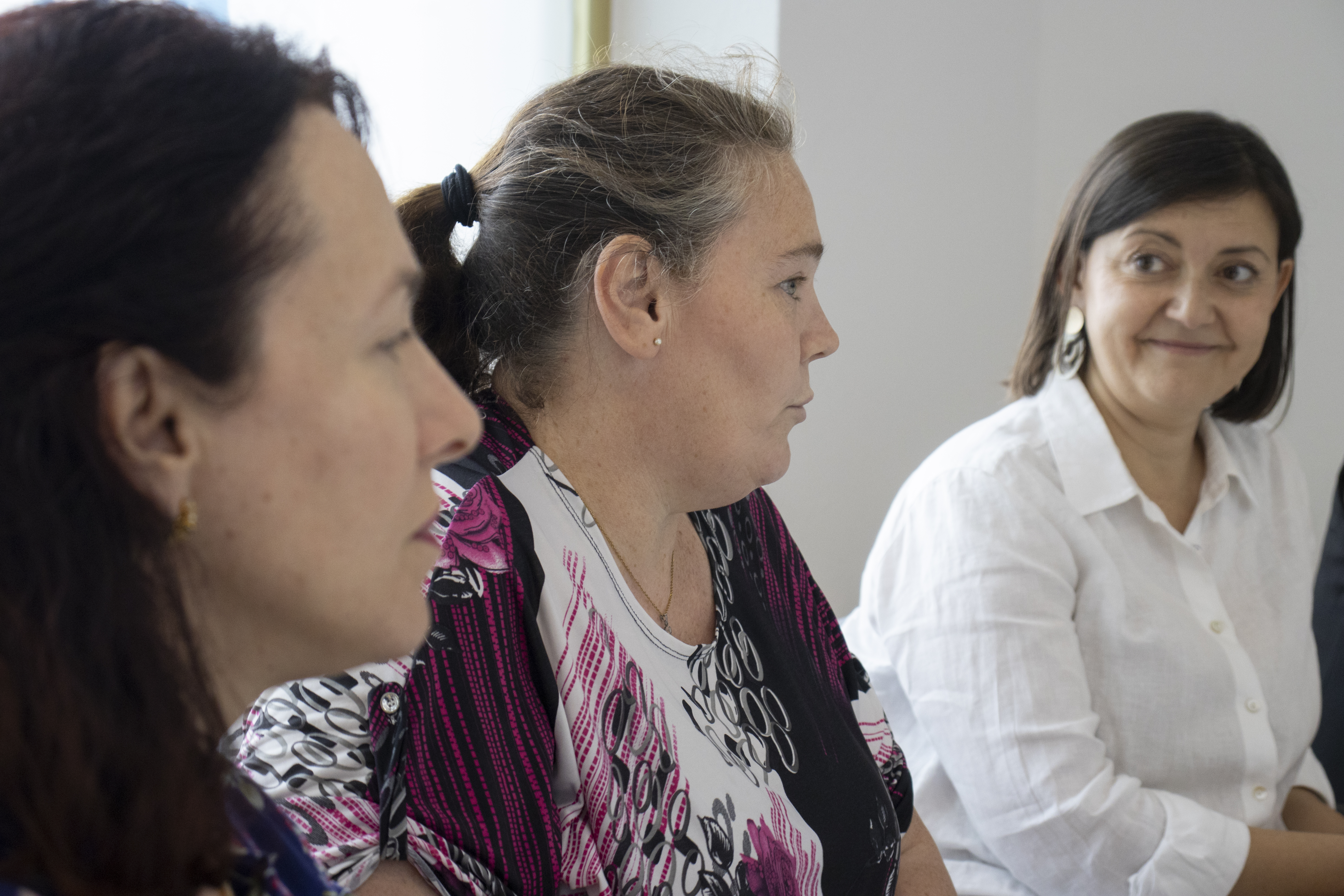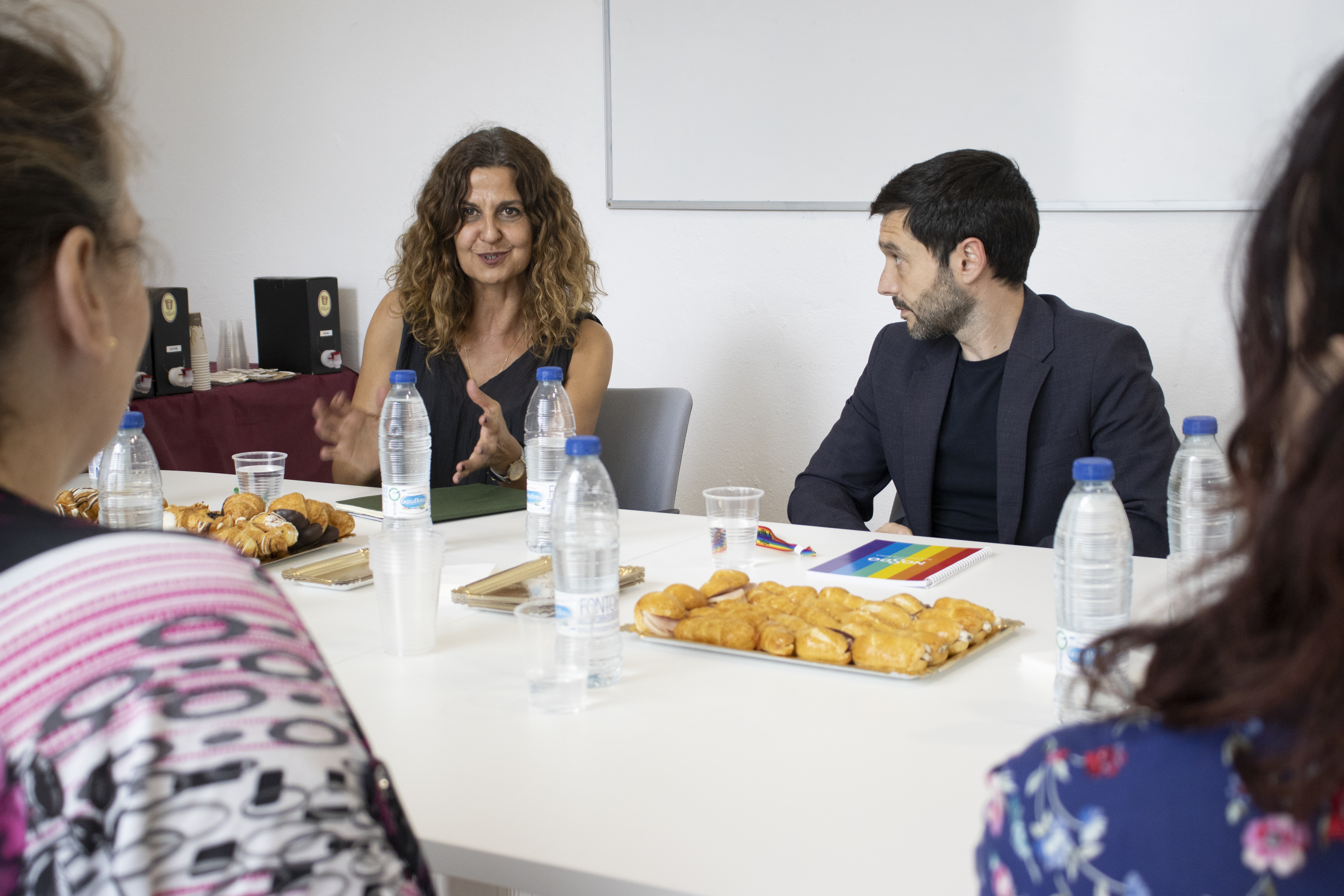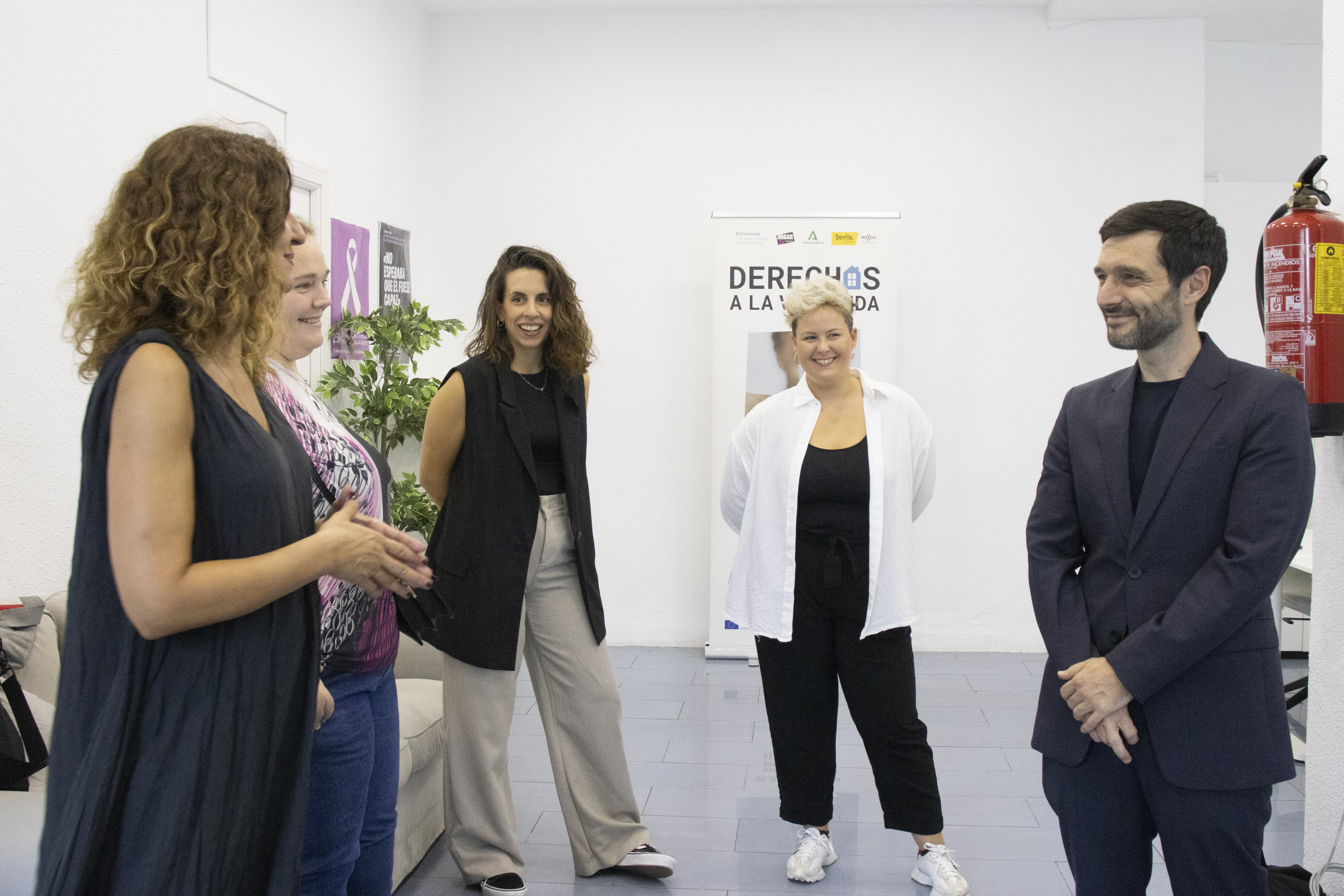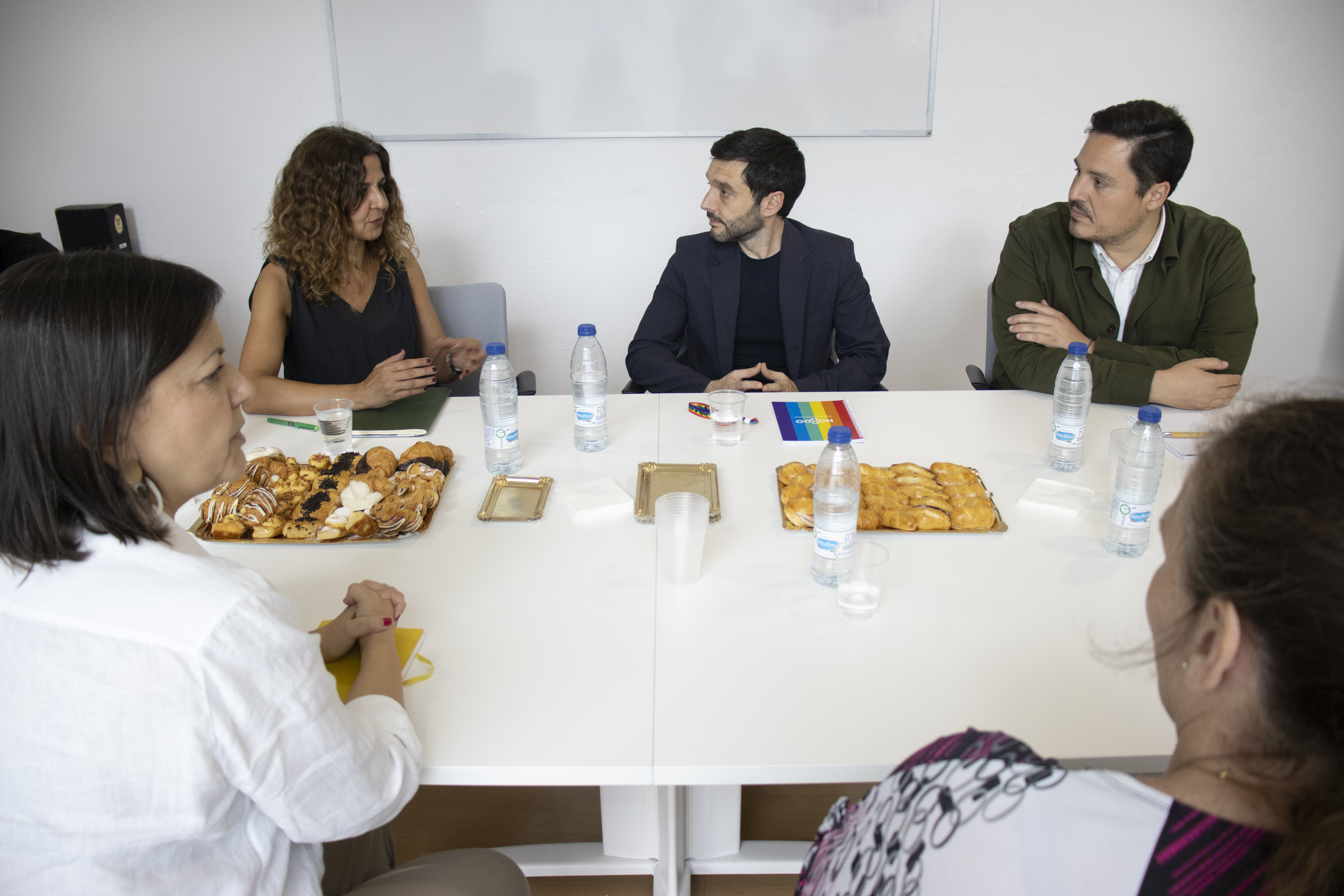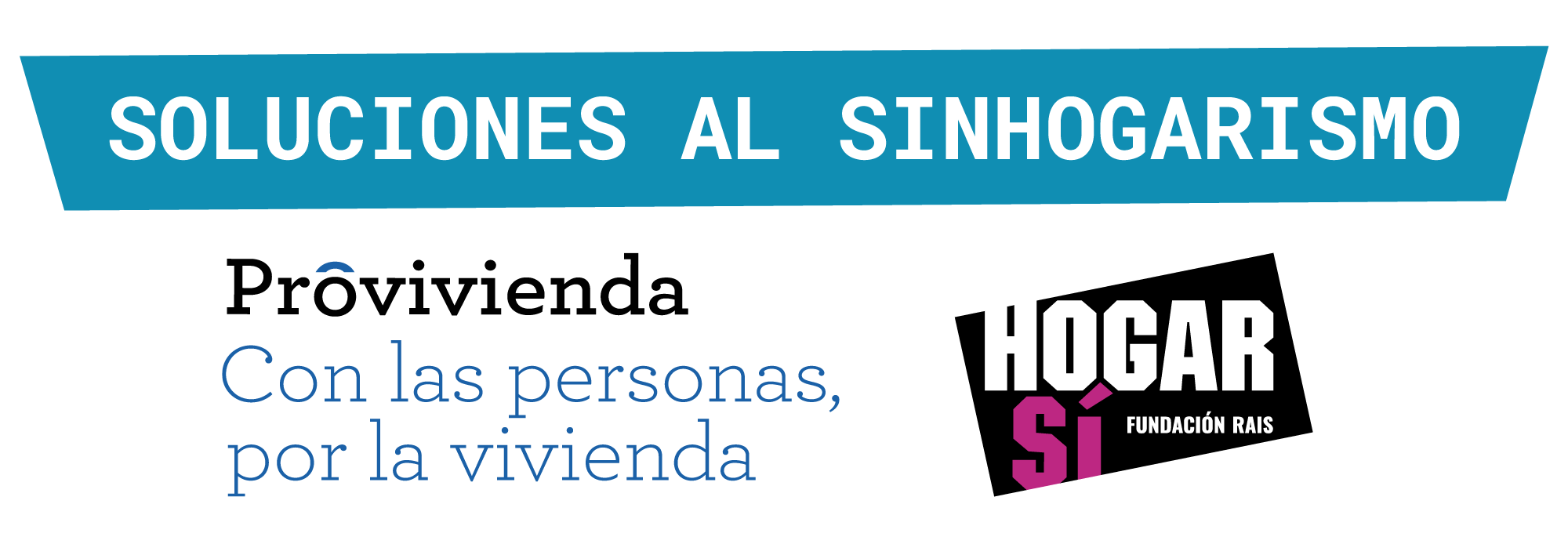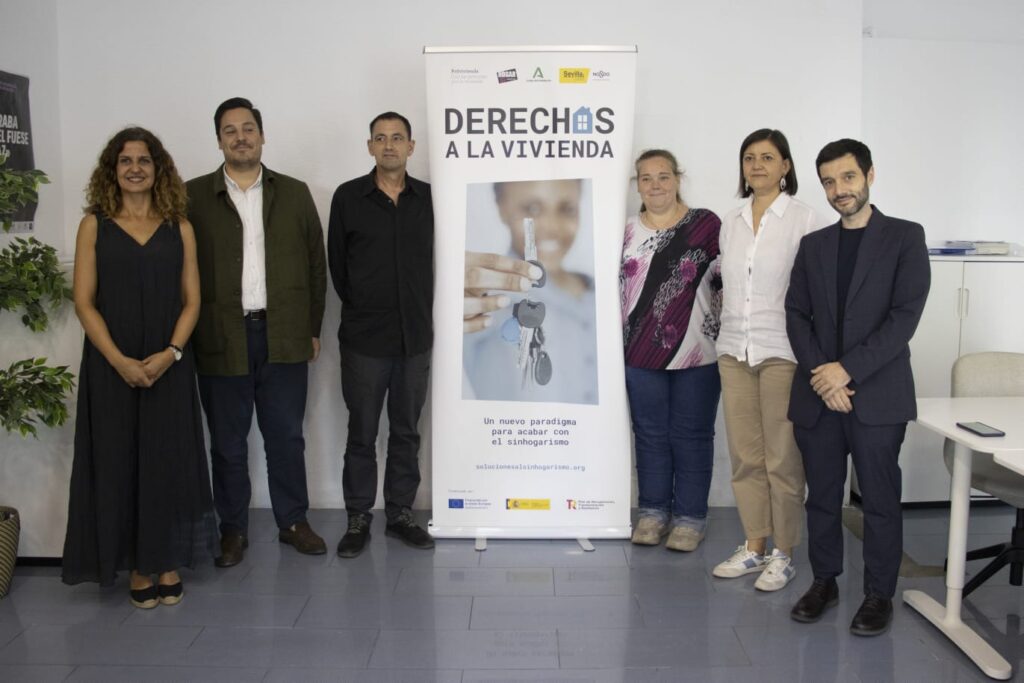- The Minister of Social Rights met in Seville with the heads of a pilot project that offers stable housing and personalized accompaniment to homeless people.
- The project is promoted by HOGAR SÍ and Provivienda, and has been financed by the Ministry of Social Rights through European funds, and by other public administrations such as the Regional Government of Andalusia and the City Council of Seville.
Pablo Bustinduy, Minister of Social Rights, Consumption and Agenda 2030, traveled this Friday to Seville to meet with those responsible for "Housing Rights", a pilot project promoted by the HOGAR SÍ and Provivienda platforms that has developed a new model of care for homeless people, offering them stable housing and personalized accompaniment. It is a program financed by the Ministry of Social Rights, Consumption and Agenda 2030 through the Next Generation funds of the European Union's Recovery, Transformation and Resilience Plan, and by eleven other public administrations, including the Regional Government of Andalusia and the City Council of Seville.
During the meeting, Pablo Bustinduy was able to learn first-hand about the positive results of this pilot project, which has managed to assist 524 people who were homeless before entering this program. These are people who were living on the street or were being cared for in collective resources and who had been in this situation for an average of 7 years. The action carried out by the project, as explained by those responsible for it, has been to offer housing to these people in community environments, and to provide them with support so that they can resume their life plan. "These projects are fundamental to demonstrate that there are alternative and innovative solutions to the problem of homelessness, and they also generate knowledge that we can later apply in other parts of the country," said Minister Bustinduy.
"Housing Rights" is a project that, in the words of its leaders, puts housing at the center of the solution and has two fundamental lines of action: the deinstitutionalization of people who have been homeless for several years, and also the prevention of institutionalization in people who have been homeless for less than 1 year. " The objective of these types of projects that we are financing is to transform the traditional system of care for the homeless, to move from the care provided in shelters and large centers to community housing care," explained Pablo Bustinduy, emphasizing that this model is more efficient and positive for people who are homeless. And, in addition, the minister stressed, it is a model based on evidence. "We have to develop specific public policies that have a greater involvement of all institutions," he requested, during a meeting that was also attended by José Luis García Martín, Councilor for Social Rights of the City of Seville.
Pablo Bustinduy has defended that with "greater political will" it is possible to achieve the end of homelessness by 2030, as the European Union has set as a community challenge. To achieve this, the minister said, it is a priority for public administrations to continue promoting projects and social policies throughout the territory, "and to move towards deinstitutionalization". In this sense, Pablo Bustinduy has highlighted the new care strategy that he presented two weeks ago in the Congress of Ministers for approval and that offers a "revolutionary model of care in the community" for the period 2024-2030 that is going to offer care to dependent people and also homeless people, which is based on the autonomy of these people. "We will respond to the needs of these people in a close and proximity environment, offering more personalized services," he said.
